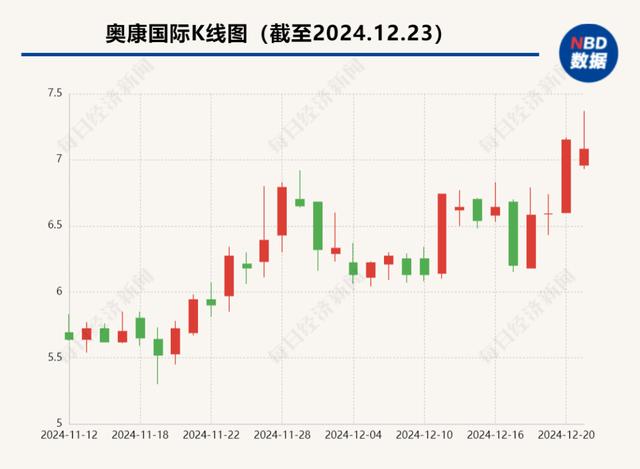摘要:曾经因火烧假皮鞋引发社会关注的“鞋王”因某种原因提出辞职。此举可能与其过去打击假冒伪劣产品的立场有关,引发了公众对其未来计划和行业动态的猜测。具体辞职原因和影响尚待进一步揭晓,但无疑这一事件再次引发了公众对于产品质量和消费者权益的关注。
The Shoe King who Burned 2000 Fake Leather Shoes: A Comprehensive Evaluation and Analysis
In the realm of business, legends are often forged through perseverance, innovation, and a strong sense of principle. Among these legends, the story of the "Shoe King" who once burned 2000 fake leather shoes stands out as a remarkable example of integrity and commitment to quality. This article aims to comprehensively evaluate and analyze the actions and decisions of this Shoe King.
Background of the Shoe King
The Shoe King, a renowned figure in the footwear industry, gained his moniker through his unwavering commitment to quality and his relentless pursuit of excellence. His actions have set a benchmark for others in the industry, and his decisions have often been scrutinized and analyzed for their impact on the market and consumer welfare.
The Incident of Burned Fake Leather Shoes
One of the most notable events in the Shoe King's career was when he burned 2000 fake leather shoes. This action was a stark contrast to the prevalent practice of compromising quality for profits in the industry. The Shoe King's decision to destroy the substandard products sent a strong message to consumers, competitors, and the entire industry about his unwavering commitment to quality.
Assessment of the Decision
The decision to burn the fake leather shoes was a bold move that reflected the Shoe King's deep understanding of business ethics and consumer trust. This action not only demonstrated his commitment to quality but also helped build brand loyalty and trust among consumers. It was a smart move that not only differentiated him from his competitors but also positioned him as a leader in the industry.
Moreover, this decision had a positive impact on the market as it encouraged other manufacturers to prioritize quality over quantity. The Shoe King's action served as a reminder to the entire industry that compromising on quality would only lead to short-term gains, while maintaining integrity and quality would bring long-term success.
Analysis of the Decision-Making Process
The decision-making process behind burning the fake leather shoes was complex but well-reasoned. The Shoe King had to consider several factors, including the financial implications of such a move, the impact on his reputation and brand image, and the broader implications for the industry. He also had to balance his commitment to quality with the need to maintain profitability.
However, he made a conscious decision to prioritize consumer welfare and long-term sustainability over short-term profits. His decision-making process reflected his deep understanding of business principles and ethics, which is a rare combination in the fast-paced world of business.
Conclusion
The Shoe King's decision to burn 2000 fake leather shoes was a remarkable display of integrity and commitment to quality. His action not only differentiated him from his competitors but also set a benchmark for others in the industry. His decision-making process reflected his deep understanding of business principles and ethics, which is a rare combination in today's fast-paced business world.
The story of the Shoe King serves as a reminder to businesses that prioritizing quality and maintaining integrity are essential for long-term success. His actions inspire other entrepreneurs to make ethical decisions and prioritize consumer welfare, which is crucial for the sustainable growth of any business.




 豫ICP备18046390号-1
豫ICP备18046390号-1 豫ICP备18046390号-1
豫ICP备18046390号-1
还没有评论,来说两句吧...